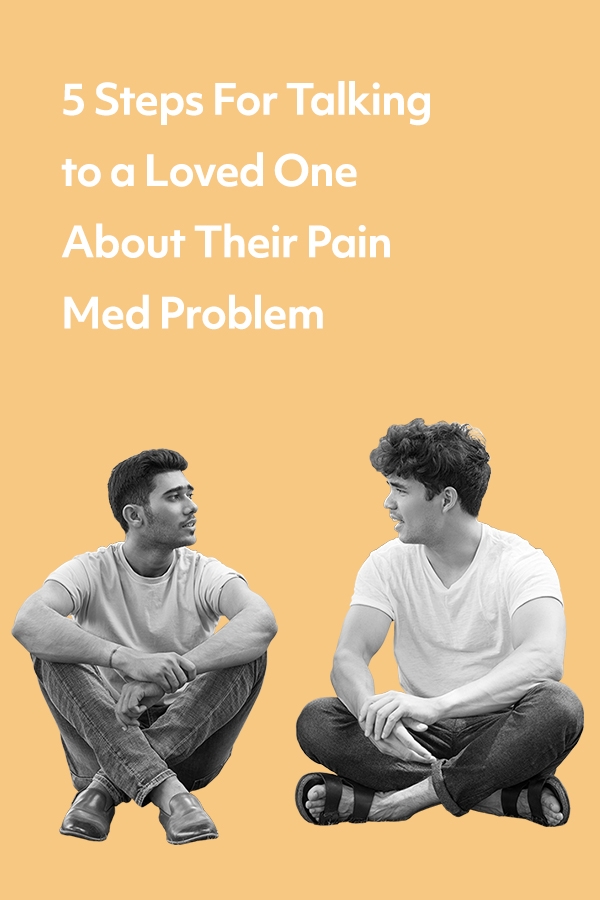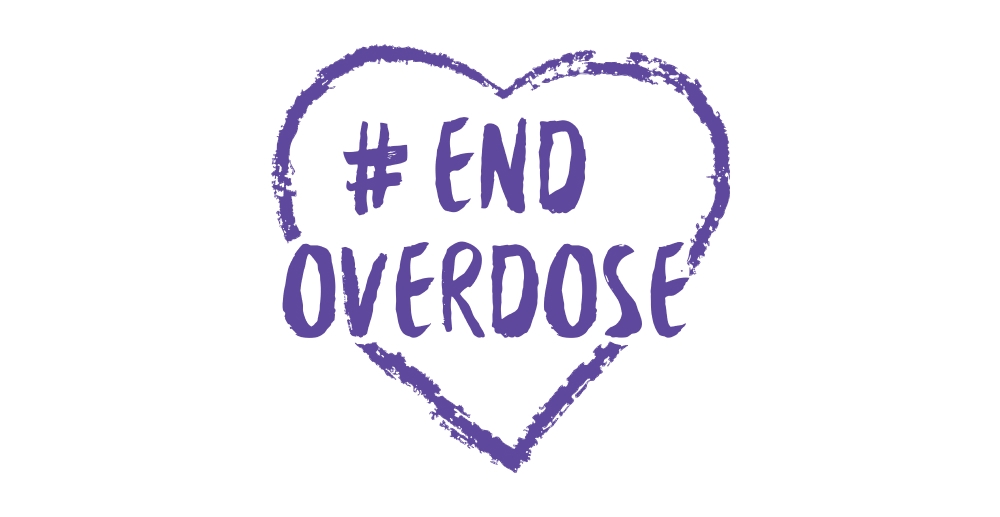Do you think a loved one has a problem with pain meds? Want to talk to them about it, but not sure how?
Maybe it’s just a hunch, or maybe you’re absolutely certain that your loved one is struggling with pain meds. For many people, this means opioids, which can make you think of the terrifying headlines about the opioid epidemic facing the nation. How do you talk to them about it in the most constructive, helpful way possible?
Step 1: Know the ins and outs of addiction and opioids.
You’re already on your way by reading this post, so good for you! One important fact you need to accept is that addiction is a widely confirmed health problem. This runs counter to the persistent, longstanding myth that substance use is some sort of moral failing. You can check out the 50+ page Surgeon General Report , if you would like to do a deeper dive. Beyond that, other helpful things to research are the signs of opioid addiction and overdose, and options for treatment.
Step 2: Sort through your own emotions around the issue.
Once you’re armed with the facts, it’s time to do some soul searching. Why? Because even when you know in your head that it’s a health condition (see step 1), substance use disorder is by nature an emotionally messy and confusing disease. This is true for the person struggling with addiction as well as for the people who love them. Sorting out your emotions in advance will prepare you to come into the conversation with a level head and a compassionate heart.
Learn about the common emotions that might be popping up on your end and how to deal with them, as well as why your loved one might be acting badly lately.
Step 3: Prepare in advance for the conversation.
Once you have processed steps one and two, it’s time to plan out the details of your conversation ahead of time. Choose a time that is likely to be calm for you and your loved one, and a situation that is totally private. Write down the key points you want to make in advance. This will help you stay on topic in the heat of the moment. Some people even find it helpful to just write a letter and hand-deliver it ahead of time. If you do this, ask your loved one to read it, and say you’d appreciate it if you guys can work through your thoughts together when they are ready. If you have a trusted friend or counselor you can confide in, consider asking them to role-play what you plan to say or do in advance. Practice having your role-play partner react in different ways to prepare you for different outcomes.
Step 4: Have the conversation.
Above all else, remember to ground the conversation in your concern and unconditional love for them! Emphasize, repeatedly, that you are doing this because you’re worried for them and want to better understand what is going on, and that you love them unconditionally. Addiction and addictive behaviors are so cloaked in shame and secrecy that you really can’t say that enough! Avoid getting sidetracked into a prosecutorial mode where you try to prove to them they have an issue.
I asked Chrissy, an addiction counselor, for advice about talking to a loved one with a pain pill addiction. She said, “Always come across as their advocate. You can see they are in pain and know that is not a happy way to live. Even when taking pain pills as directed, you can become physically dependent on them very easily. Not only that, but addiction messes with brain chemistry. State that you care about them and want them to be the bright person you know them to be. You want to help them find that light again.”
Step 5: Take care of yourself.
As we say at Workit, “Loved ones need love too!” and it’s very true. Think of it this way: substance use disorder is like a tornado that wreaks havoc not just on the person experiencing it, but on everyone around them, as well. Make sure you pay attention to your own basics of self-care (eat, rest, move, play), and get emotional support. Don’t be afraid to lean on the shoulders of others who have been there. Groups like Al-Anon and Nar-Anon have helped many, and now offer online meetings if you’re shy about going in person.





